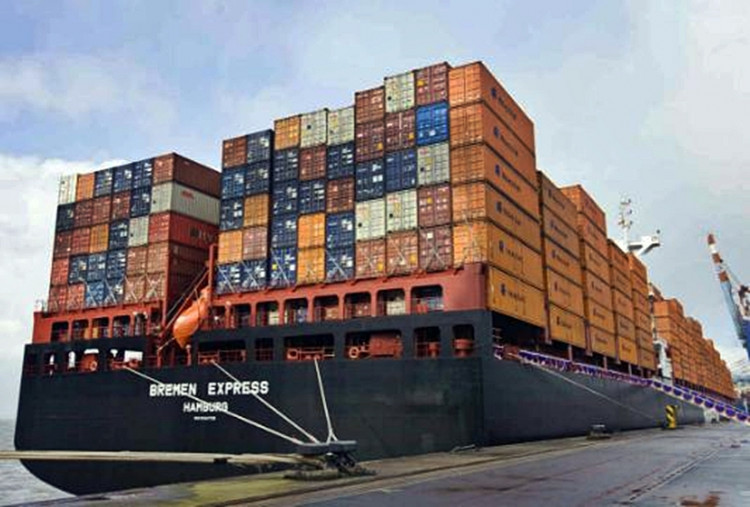German companies being hit by Trump's trade war are turning to the German government for succor, and fear the worst after the first batch of U.S. sanctions against Iran took effect on Aug. 6
Of course, the U.S. policies are impacting German foreign trade, said Dr. Holger Bingmann, president of the BGA. Individual German companies are gritting their teeth and are being severely affected. Dr. Bingmann also noted it is simply unacceptable U.S. laws are being enforced outside U.S. territory.
BGA (Bundesverband Großhandel, Einzelhandel, Dienstleistungen e.V.) translates into the Federation of German Wholesale and Foreign Trade. It's Germany's leading organization for the wholesale, foreign trade and business services sector.
The Association of German Chambers of Industry and Commerce (Deutscher Industrie und Handelskammertag or DIHK), said many German companies are being negatively affected by U.S. tariffs. It noted German exports aren't doing quite as well as it did last year.
A further source of anxiety for German business firms, especially exporters, is the fresh sanctions Washington will impose on Russia by the end of August. The U.S. yesterday determined Moscow had indeed poisoned with a nerve agent one of its former spies and his daughter living in the United Kingdom.
Compounding these problems are the American tariffs on another $16 billion of Chinese imports to take effect on Aug. 23. China plans to impose additional tariffs of 25 percent on the same amount of U.S. imports.
Taken together, these massive and unnerving assaults on free trade by Trump are forcing German firms to turn to the government of Chancellor Angela Merkel and the European Union for solutions.
Dr. Bingmann urged the German government to provide details on how it plans to protect German firms after the latest U.S. sanctions against Iran. He said if Berlin failed to do this, German firms will gradually stop doing business in Iran.
Germany on Monday responded with Foreign Minister Heiko Maas saying Germany, France, and Britain will protect European companies engaged in business with Iran. The three nations will implement an updated version of the EU's "Blocking Statute" that bans any EU company from complying with U.S. sanctions.
The EU's updated Blocking Statute become effective on Aug. 7 to reduce their impact on the interests of EU companies doing legitimate business in Iran. The updated Blocking Statute is part of the EU's support for the continued full and effective implementation of the Joint Comprehensive Plan of Action (JCPOA), or the Iran nuclear deal.
It seeks to sustain trade and economic relations between the EU and Iran, which were normalized when nuclear-related sanctions were lifted because of the JCPOA.






